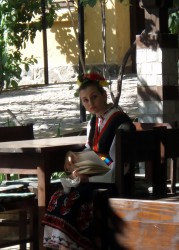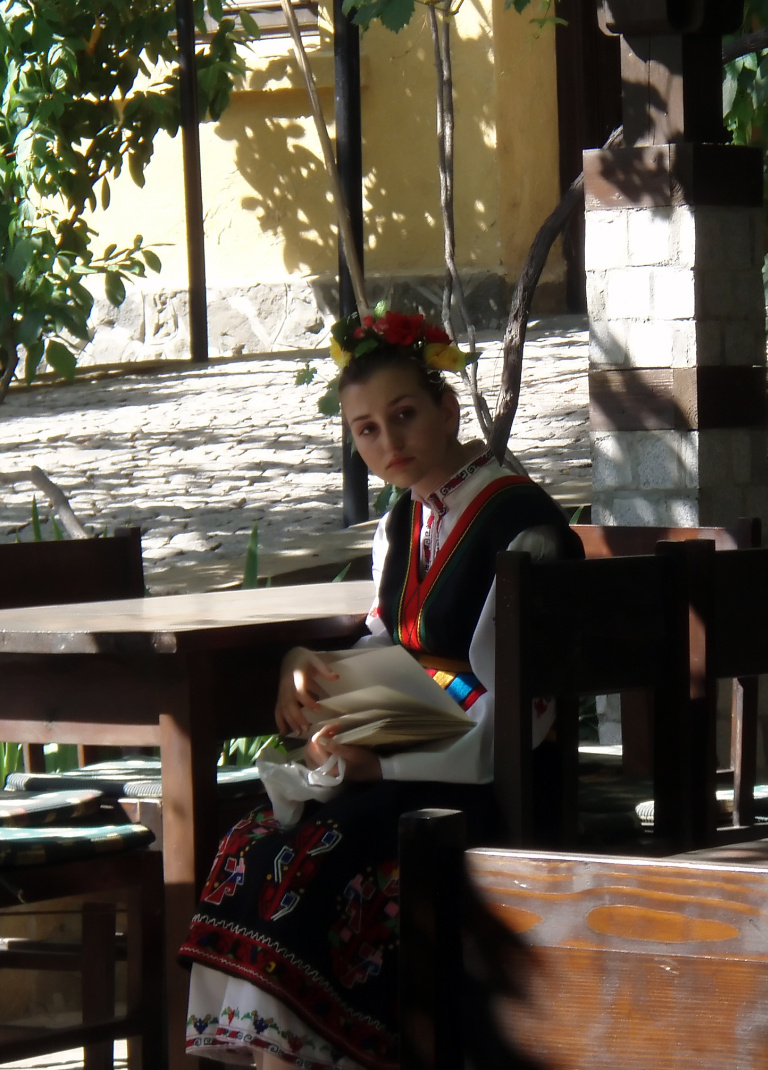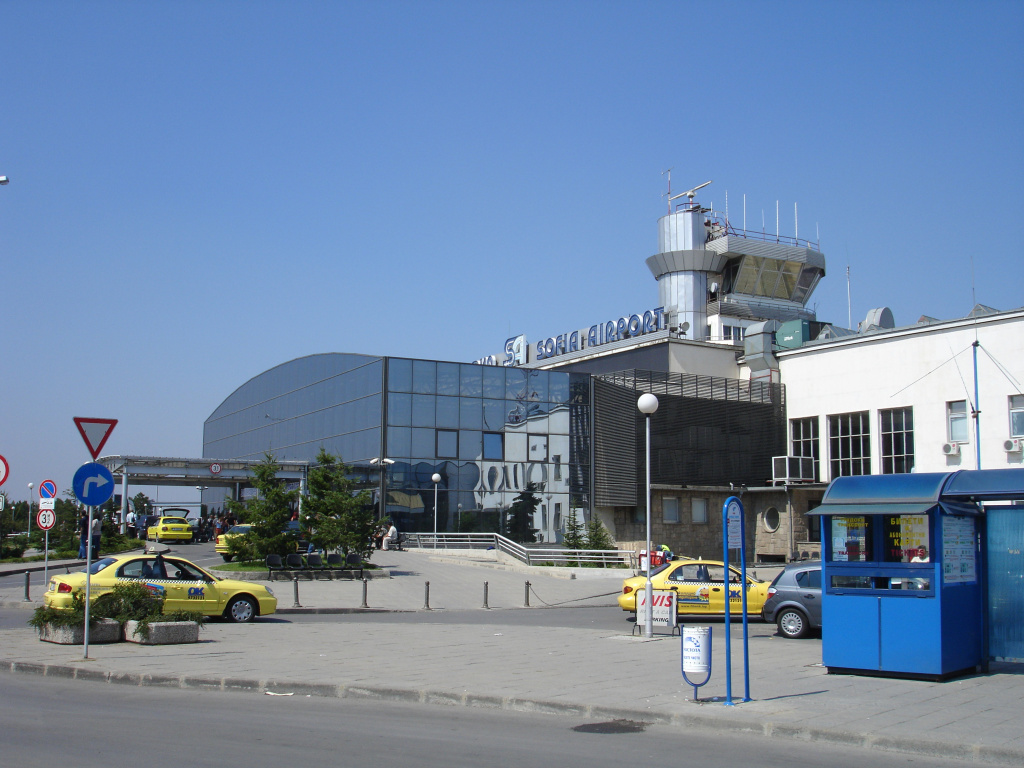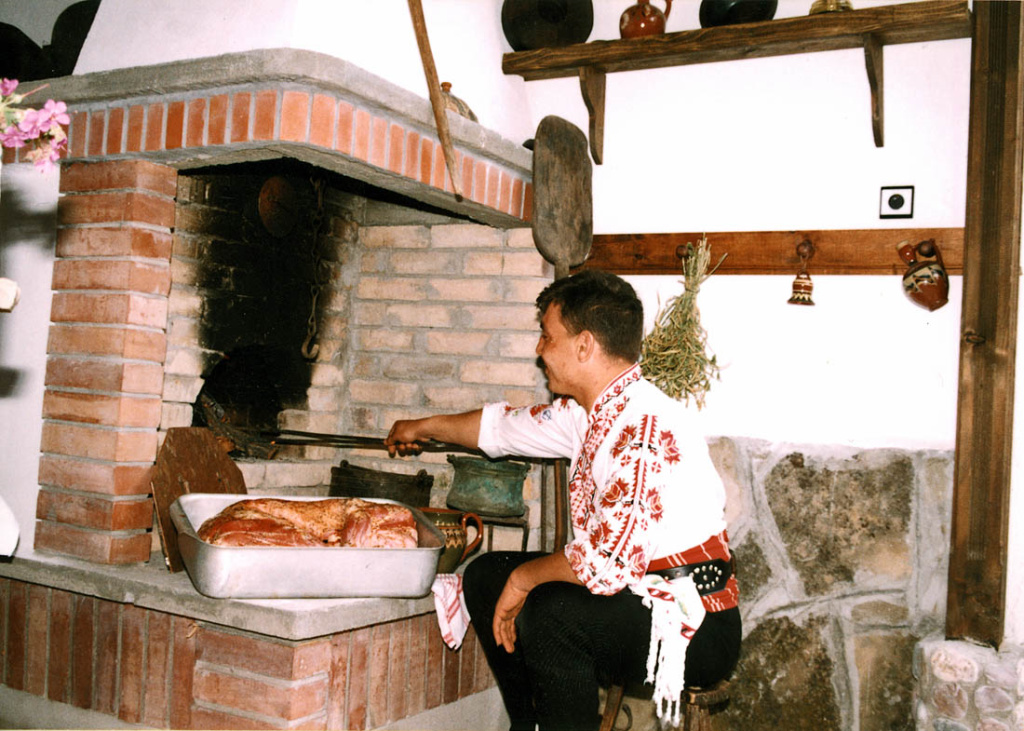Bulgaria’s history and rich heritage is said to have been influenced by ancient civilizations like the Greeks, Romans, Slavs, and Thracians. It houses a number of historical museums and establishments that reflect the country’s known and treasured arts, literature, and music. Boyana Church is among the famous churches in Bulgaria. This church is an example of medieval art in the country built in the early 10th century. This site is tagged as a world heritage by UNESCO because of its cultural value. It is situated in the suburbs of the city capital, Sofia. Pirin National Park, on the other hand, is a famous park in Bulgaria that features century-old trees, lakes, fragrant fields, and rivers that serve as home to animals like bears, goats, wild cats, wolves, and others. It is also considered as one of the world heritage sites.
UNESCO tagged other world heritage sites in this country. These include Nesebar, an ancient city where European culture is said to have interacted; Srebarna Nature Reserve; medieval Bulgarian  monuments, Rila Monastery and Rock-hewn Churches of Ivanovo; Madara Rider; and two tombs established by the Thracians located in Kazanlak and Sveshtari.
monuments, Rila Monastery and Rock-hewn Churches of Ivanovo; Madara Rider; and two tombs established by the Thracians located in Kazanlak and Sveshtari.
Bulgaria is situated in the south eastern part of Europe, and because of this geographical location, Bulgarian cuisine is composed of the best specialties in Greece and Turkey. Among the famous Bulgarian cuisine include tarator, which is a soup of cucumber, yogurt, and walnuts, and Shopska salad, which is composed of tomatoes, cucumbers, parsley, and peppers and is topped with sheep’s cheese. Their menus also include kavarma, kebapcheta, and shish kebab. The world-famous yogurt also originated from Bulgaria.
The country’s literature is said to have begun during the 9th century AD. However, Bulgaria’s literary pieces were only composed of gospels, sermons, and stories of saints. When Turkish and Greeks dominated the country, its literature ceased to spread. During the 19th century, Bulgarian literature started to emerge again. This time, Bulgarian grammars and other educational works, along with printing and educational establishments, dominated the scene. Various poets and writers started to emerge during this period. Among them are Aleko Konstantinov and Stoyan Mikhaylovski. However, the most popular writer who was able to do English translations of his works was Ivan Vazov.
Meanwhile, folk music is widely recognized in Bulgaria. It plays an important role in special occasions and celebrations like weddings, Christmas, New Year, and other feasts celebrated in the country. Singing has long been a tradition among its people. The famous sedenka is a kind of party in Bulgaria where men and women searching for partners usually flock. The main attractions of this party are women who sing different kinds of songs.
There are also Bulgarian musicians who became famous all over the world. The Bulgarian State Television Female Vocal Choir is a group founded by Philip Koutev. This group became famous after releasing Le Mystère des Voix Bulgares. Other musicians include the group called Trio Bulgarka, composed of Eva Georgiva, Stoyanka Boneva, and Yanka Roupkina.
Bulgaria has also marked its name in the world of athletics. The famous athletes who brought honor to the country include Maria Gigova and Maria Petrova for their achievements in gymnastics; Albena Denkova and Maxim Staviski for winning the ISU world figure skating competition in 2006 and 2007; the Maleeva sisters for getting their own places in the top ten best tennis players in the world.



